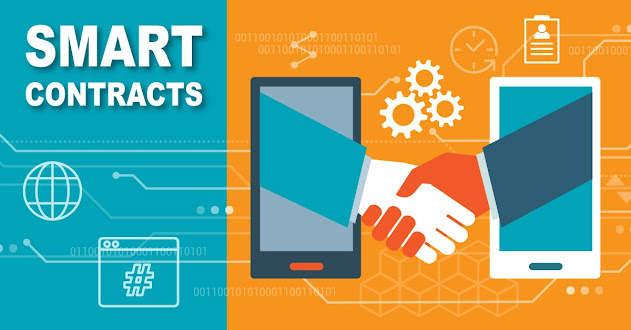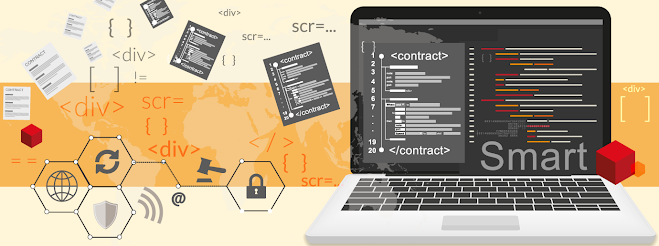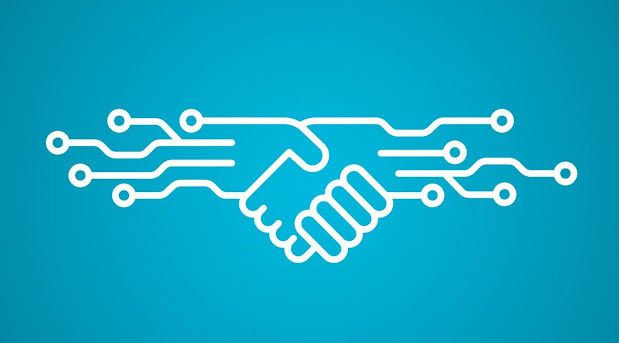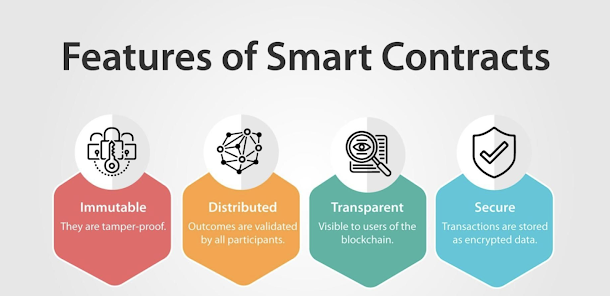
Uses of Smart Contracts:
Blockchain Smartcontracts can be used in almost all fields, starting from healthcare to supply chain to financial services. Some examples are as follows:
Voting system:
Smartcontracts provide a secure environment making the voting system less susceptible to manipulation. Votes using smartcontracts would be digital ledger-protected, which is extremely difficult to decode.
Moreover, smartcontracts could increase the turnover of voters, which is historically low due to the inefficient system that requires voters to line up, show identity, and complete forms. Voting, when transferred online using smartcontracts, can increase the number of participants in a voting system.
Healthcare Industry:
Blockchain can store the encoded health records of patients with a private key. Only specific individuals would be granted access to the records for privacy concerns. Similarly, research can be conducted confidentially and securely using smartcontracts.
All hospital receipts of patients can be stored on the blockchain and automatically shared with insurance companies as proof of service. Moreover, the digital ledger technology can be used for different activities, such as managing supplies, supervising drugs, and regulation compliance.
Supply chain Industry:
Traditionally, supply chains suffer due to paper-based systems where forms pass through multiple channels to get approvals. The laborious process increases the risk of fraud and loss.
Blockchain can nullify such risks by delivering an accessible and secure digital version to parties involved in the chain. Smartcontracts can be used for inventory management and the automation of payments and tasks.
Financial services Industry:
Smartcontracts help in transforming traditional financial services in multiple ways. In the case of insurance claims, they perform error checking, routing, and transfer payments to the user if everything is found appropriate.
Smartcontracts incorporate critical tools for bookkeeping and eliminate the possibility of infiltration of accounting records. They also enable shareholders to take part in decision making in a transparent way. Also, they help in trade clearing, where the funds are transferred once the amounts of trade settlements are calculated.
Cited Source: https://corporatefinanceinstitute.com/resources/valuation/smart-contracts/
















